
Most of us know the importance of deep conditioning and moisture for our hair. We oil our hair on a regular basis and try to take good care of it, yet sometimes no matter what we do, it continues to be problematic. Assuming that you have no medical or health problems, your diet is reasonably good, you exercise regularly and try to stay healthy, it can be puzzling as to why these problems persist. In that case I’m here to tell you it could be because of a not-very-well-understood hair ingredient – protein for hair. Is your hair getting too much of it or not enough?
Who Needs Protein for Hair?
Our hair is made up of about 91% protein, including keratin which we often see in the hair product ingredients. It is also one of the major hair straightening treatments.
Now, what are proteins? Going back to school chemistry, proteins are larger molecules composed of chains of smaller amino acids.
In the modern world, our hair is exposed to styling, treatment and environmental damage or other stress which cause the hair structure to degrade beyond what our ancestors ever faced. Even though getting protein for hair from inside-out is the key and it should be sufficiently present in your diet, that may not be enough for your hair to remain in a healthy state.
In general, damaged hair needs more protein to replace what has been lost. Processes like heat styling, coloring and bleaching treatments serve to chip away at the hair shaft, stripping it of its natural proteins, in turn causing breakage and splits. This is why you usually see some type of protein listed in a good product for damaged hair.
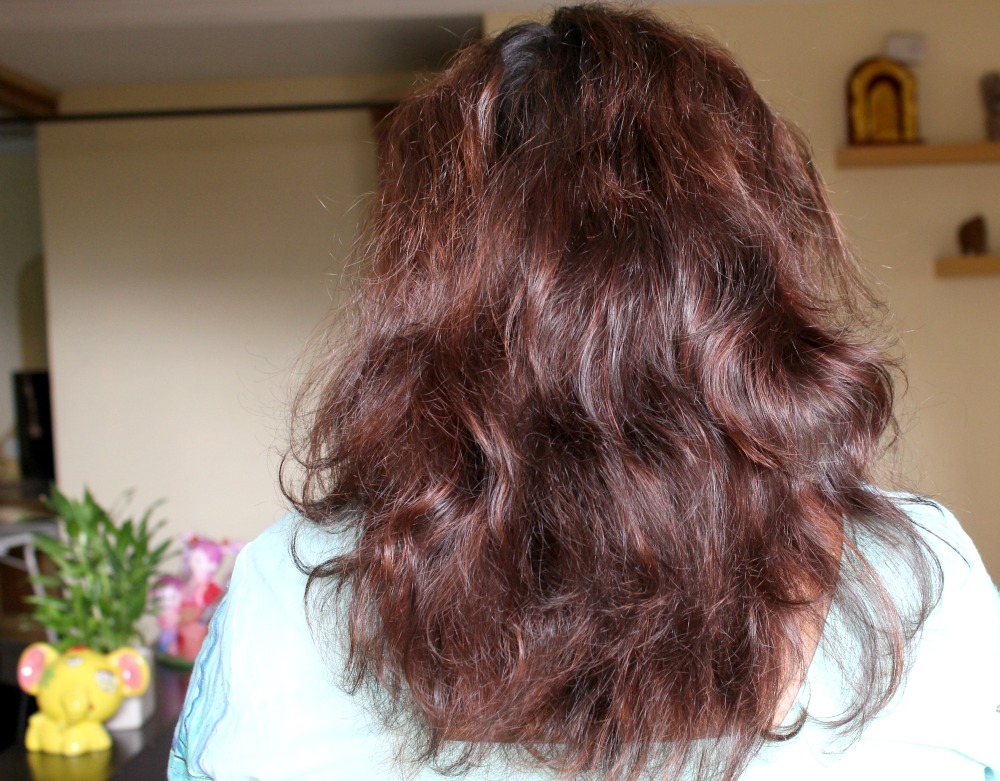
Protein for Hair According to Hair Types
Hair types, classified as fine, medium or coarse according to the diameter of the hair shaft will play a role in protein requirement. Regardless of whether your hair is straight or curly, if you examine an individual hair, it can range in diameter from thin to thick for different people. Fine hair is almost invisible against a background of the same color, coarse hair is thicker than a standard cotton thread, medium somewhere in between.
Healthy, undamaged coarse hair usually does not require much protein as the hair shaft itself has a thicker cortex and cuticle layer which therefore contains more keratin structurally. This hair type will also be able to withstand more harsh treatments such as heat styling and coloring and not get damaged as easily.
The opposite is true for fine hair. Even a single flat-ironing treatment can damage your hair, as the cortex and cuticle is thin and contains less protein. This type will do well with protein on a regular basis.
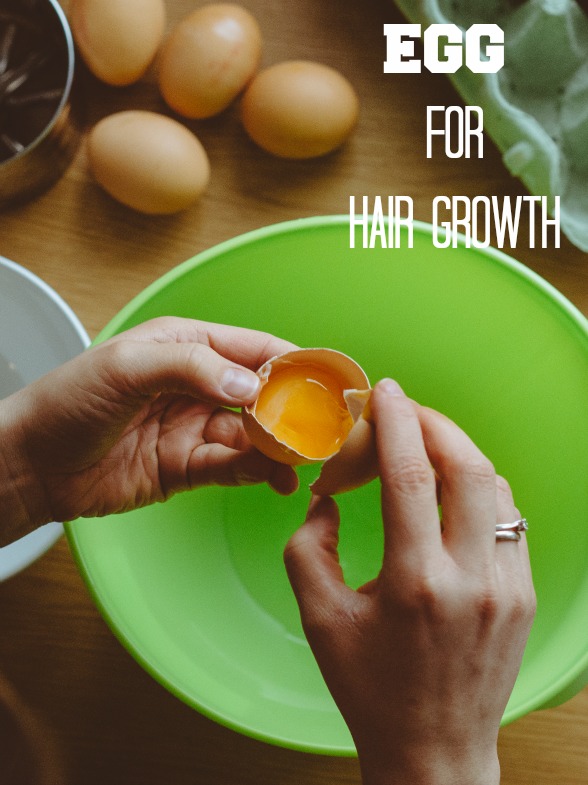
Protein Moisture Balance
Healthy hair requires the right balance of protein and moisture, which varies for every person.
Too much of moisture (and hence, not enough protein) will show up with your hair elasticity changing and feeling too ‘stretchy’, or limp, gummy and mushy like seaweed with increased breakage and shedding.
Too much protein, and hair will feel hard, brittle, tangled and dry and will have less elasticity, with the hair snapping easily when brushed or combed.
Editor’s Note : This is so helpful, Nayantara. I have an observation to make here. It is not always necessary that fine hair lacks protein.
For example, I can see that my hair is all tangled now a days for last few months. I am assuming based on what you have mentioned that it does lack moisture in large quantities. So, what I need for my hair is moisture based products instead of protein.
What are these different type of protein for hair I talk of?
If you look at the ingredients list in your shampoos and conditioners (or other hair products), top 5-6 ingredients are present in major amounts. So look for proteins and other nice things listed here if you want the product to work. Proteins in general are specified with word hydrolyzed in front of them. For example, hydrolyzed wheat protein.
Hydrolyzed means the protein has been broken down into smaller chains in order to better penetrate the hair. Below are some of the other commonly used proteins.
- Amino acids, e.g. silk amino acids
- Keratin
- Milk protein
- Oat protein
- Rice protein
- Soy protein
- Wheat protein
Some proteins also act as humectants meaning they lock in the moisture in the hair. They might be listed as:
- Hydrolyzed elastin
- Hydrolyzed collagen
- Hydrolyzed silk
So check your labels and see whether your hair is getting too much or not enough of these. Typically, I like to have only one product with proteins, so my hair doesn’t get overloaded with them.
For some people, a protein lower down on the ingredients list may be in quantities just right for their hair. Also, each type of protein behaves differently, so if one type doesn’t suit you, your hair may like another kind.
Did You Know?
You can also use homemade conditioning masks with proteins such as yogurt, coconut milk, and gelatin (which I use in my DIY protein mask). When it comes to eggs, it is thought that protein molecules in egg whites are too large to penetrate the hair shaft, so may not be of much use as a protein treatment. Yogurt is made from fermenting milk which breaks down the proteins, and adding lemon juice (which is acidic) to or heating coconut milk also breaks proteins down, which is why they work.
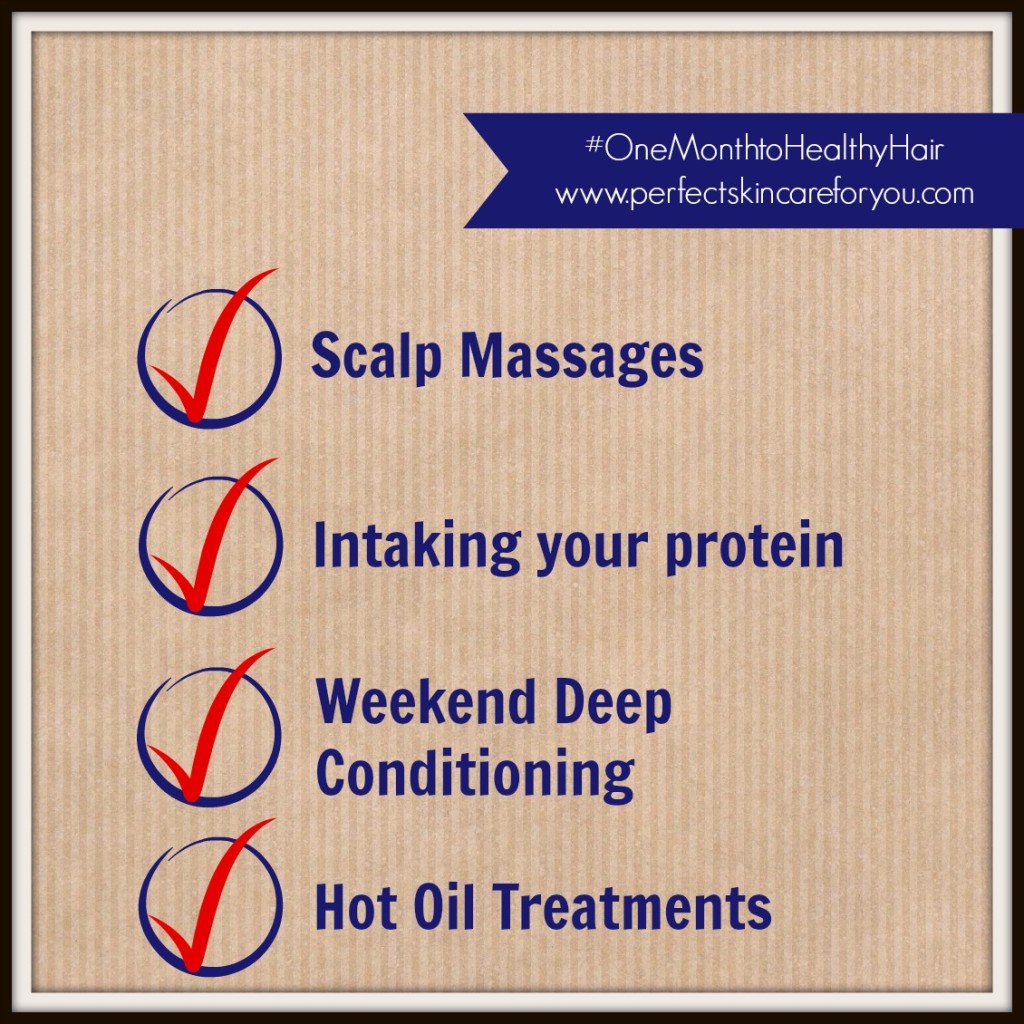
How often do you need a Protein Treatment?
Only the root or bulb of the hair shaft is living, once it grows out of the scalp it is dead. So there’s no way to nourish it internally once it’s already grown out from your head. External treatment is the only way to go.
From my own experience with having quite fine hair, I need to apply protein externally on a regular basis (once a week at least) just to maintain hair health and strength. When my hair routine went ‘natural’, for over a year, I didn’t realize my hair wasn’t getting the proteins available in commercial conditioners and it started to break and shed like crazy, with the ends thinning out badly, though there were other causes as well.
I now use either a silicone-free conditioner with keratin towards the top of the ingredients list or a regular moisturizing conditioner on alternate washes. Apart from this I use my DIY protein mask once a month for a strong protein treatment. Though it took a few months to start seeing results, now my hair is back to normal and has thickened up again. When I slack off, my hair becomes noticeably limp. [It would be great if you could share what products you are using!]
For those with medium hair, you may need a protein treatment around once a month and you should take care that it is not over moisturized.
Those with coarse hair would need it even less, almost never, barring other damage. You may need to cut out high protein products from your routine.
Other Remarks
Keratin on its own does not straighten hair, else all hair would be naturally straight! Keratin is added to rebonding/ straightening treatments to strengthen the hair shaft after it has been broken down by a strong chemical such as formaldehyde.
Coconut oil, being a pure fat does not contain protein, however it prevents protein loss from hair. This is why it may not suit some people, as it makes their hair feel ‘crunchy’. [So true!! I hate it on my hair.]
These are general guidelines and may vary for each person. Understand your hair, observe how it behaves and then take a decision on what to do. But if you do face any of these issues, maybe it’s time to take a look at all those bottles in your shower and figure out if you need to switch up or revamp your products or routines accordingly.

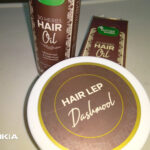
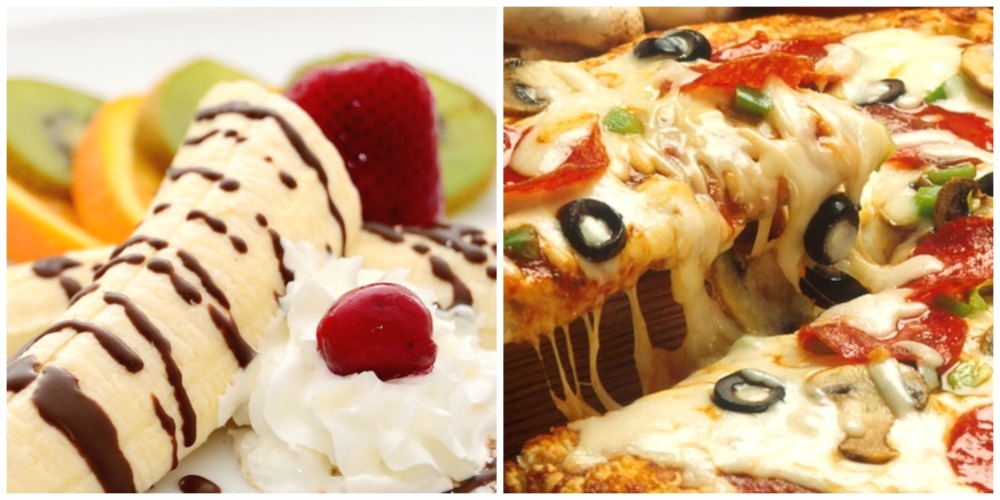

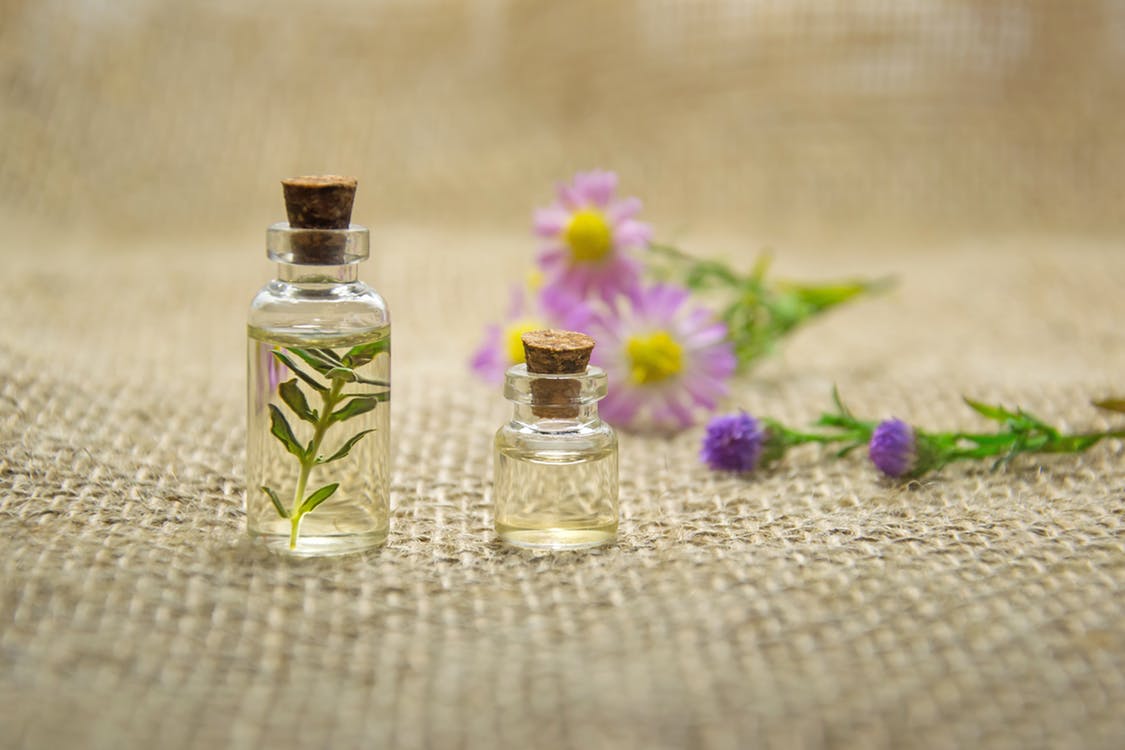
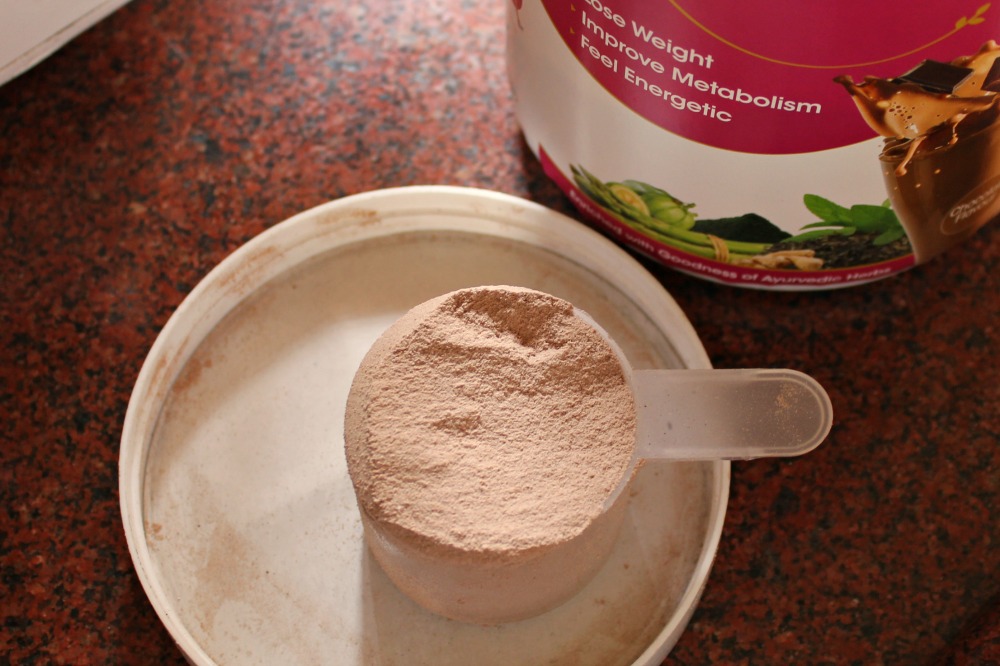
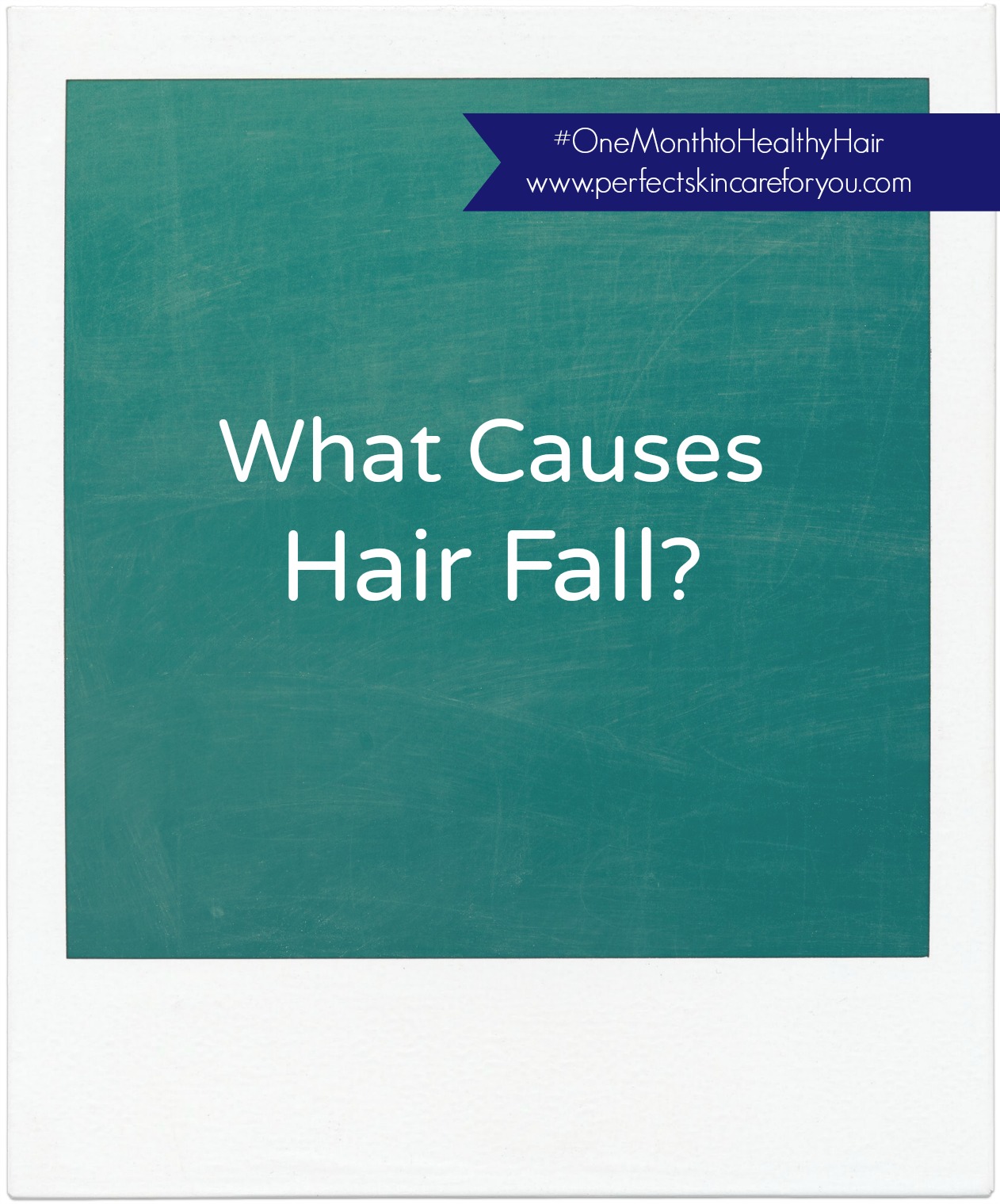
Very useful and informative post. Can you tell me the silicone-free keratin conditioner that you are using?
Hi Archana, glad this was useful to you. I have just finished the Schwarzkopf Gliss Hyaluron Hair Filler conditioner from Flipkart, which is silicone-free, it lasted me over 6 months. The presence of hyaluron made it a good balance of moisturising & strengthening, yet it was not too heavy for my hair. I believe the Schwarzkopf Supersoft line is also silicone free and has keratin in the ingredients, but I haven’t personally tried them yet.
wow…I have to get this conditioner then! checking out right now.
Swati, I have mentioned the conditioner I was using in my previous reply! Though I will be using another one now, since that’s over. I have also been doing occasional DIY gelatin masks when I require a stronger treatment. I am wondering about your experience of dry, brittle hair, do any of your hair products contain any proteins? In that case, it just maybe protein overload, if not, then I’m stumped! Or if you’re using egg masks, those proteins even though large can coat the hair and give the same feeling, it will feel like some kind of build-up on the hair, or else it could be product build-up, and your hair may need clarifying and then deep-conditioning to re-absorb moisture. Let me know- I’d like to solve this problem 😀
Thanks for the recommendation. Will surely try it out… 🙂
i think it was bad products instead of more protein. Kerastase shampoo and conditioner did not suit me at all. I went back to deFab and my hair is great since a week. Let me see how it goes in a month or two and definitely going to give your conditioner a try. it sounds interesting.
Oh, I always wonder about Kerastase, if the price justifies the results coz the ingredients list looks ok to me, many drugstore brands seem to have better ingredients. You should do a review on them!
Since the weather has gotten very dry & cold, I’ve decided to use Loreal smooth intense conditioner which is a bit heavier & has silk-protein lower on the list, I used to like it a lot before and it’s also silicone free.
so true, Nayan. I hated the shampoo conditioner duo. absolutely not worth the money I spent on it. creating a post on all disappointing products I have in my stash lately and this one tops it!!! will check out this conditioner as well.
That’s cool, always good to know about the bad stuff as much as the good ones!
Ya that conditioner is pretty nice and also easily available everywhere at a good price
Amazing article and informative one ?
thanks Sonali!